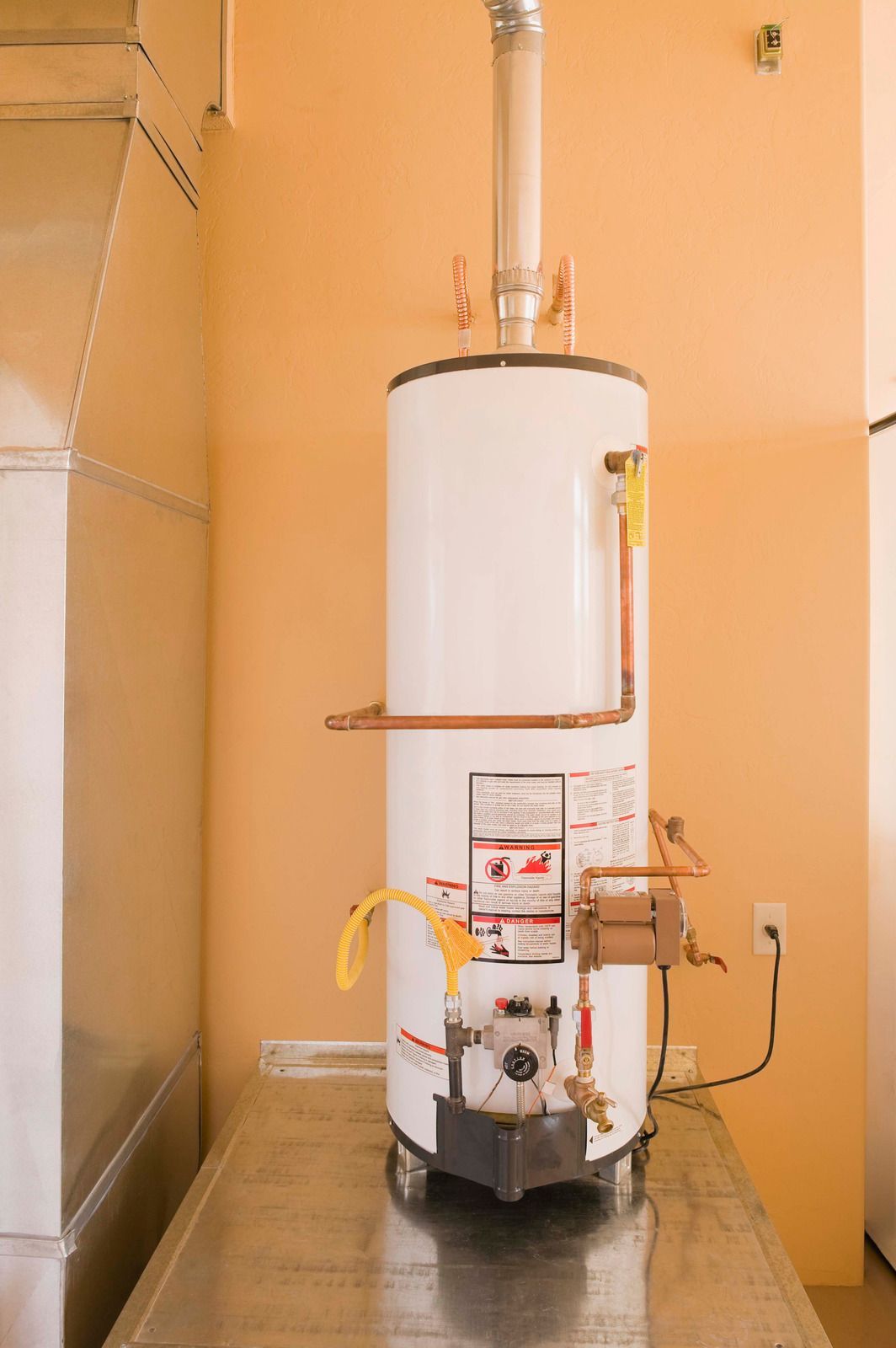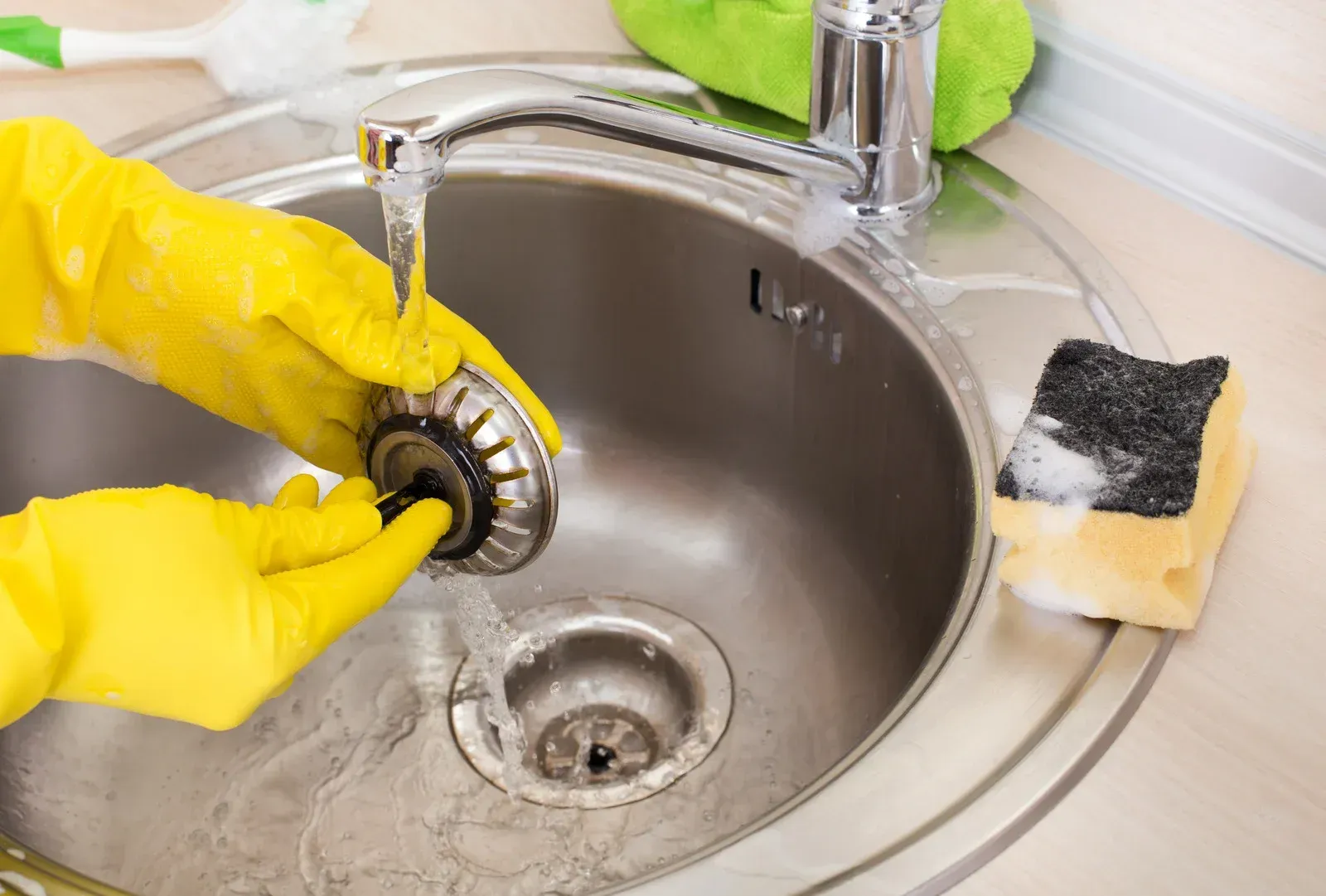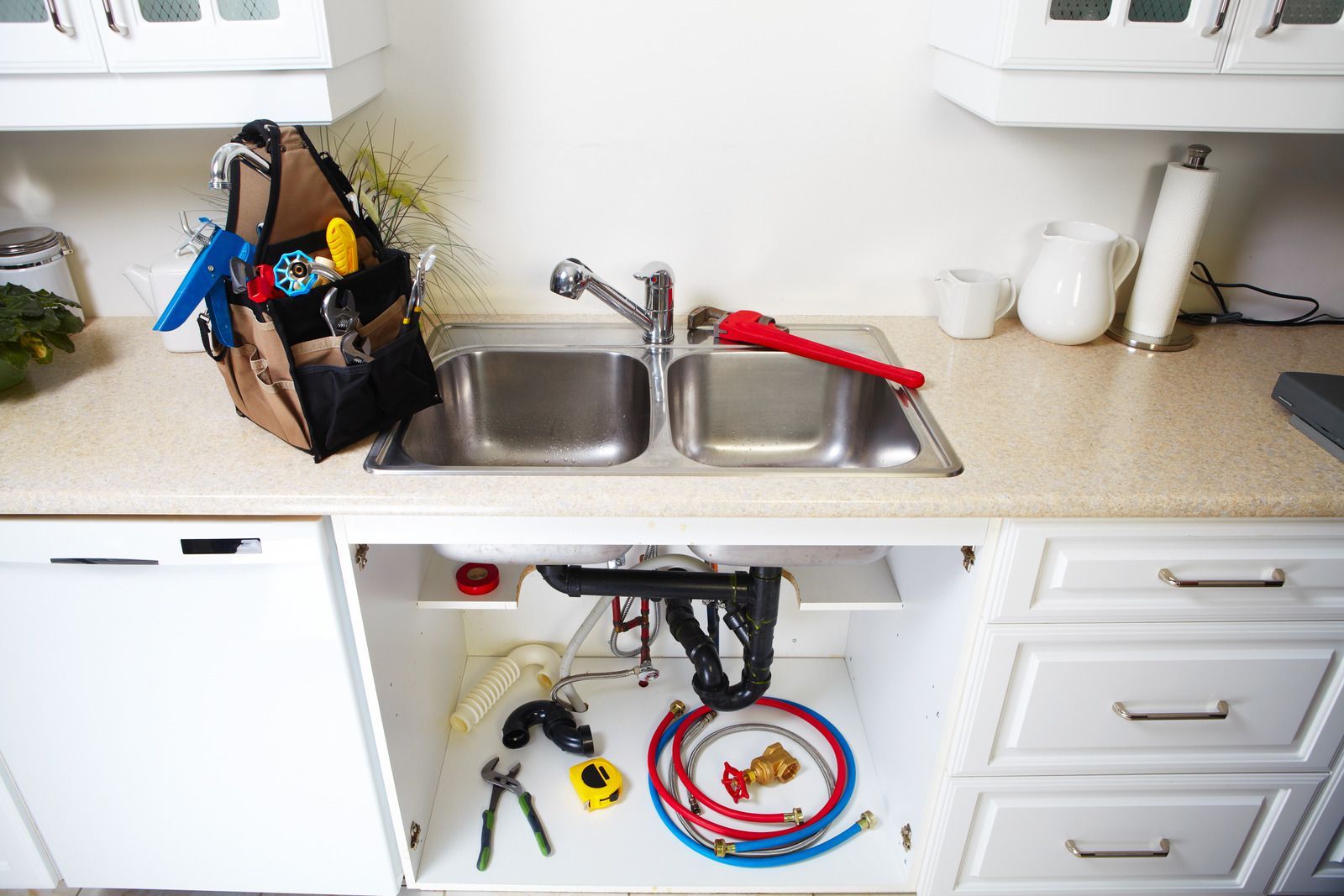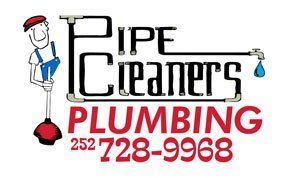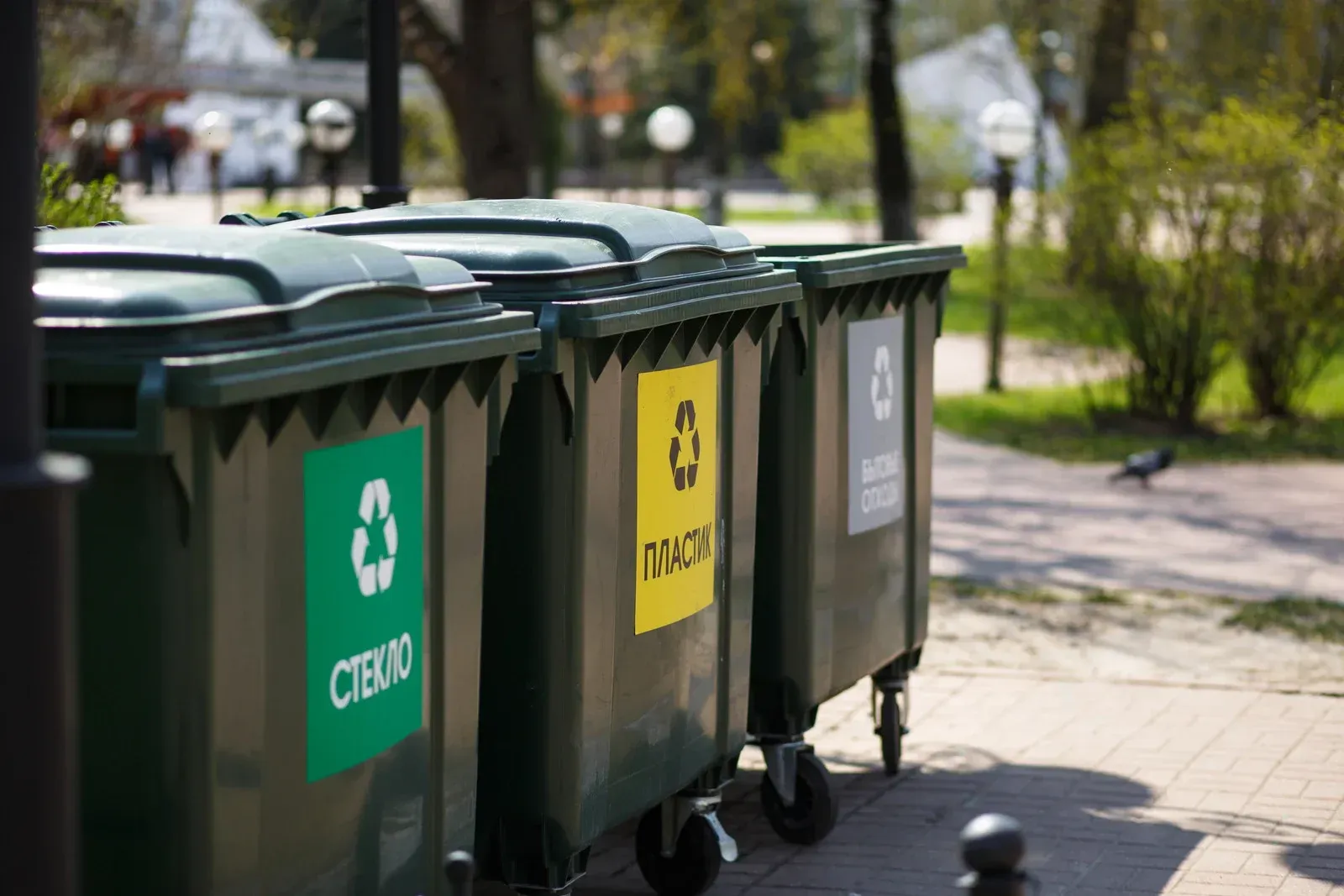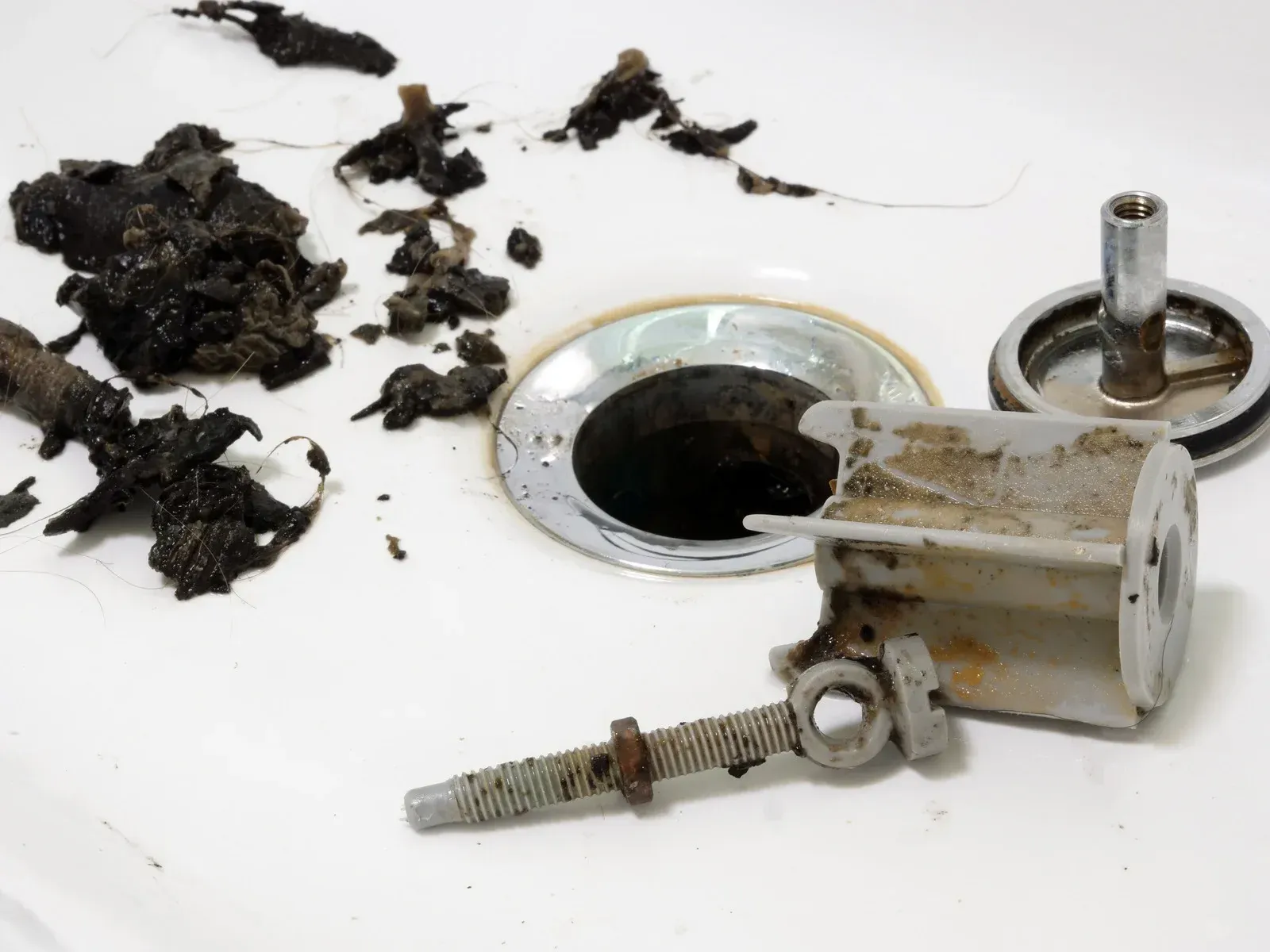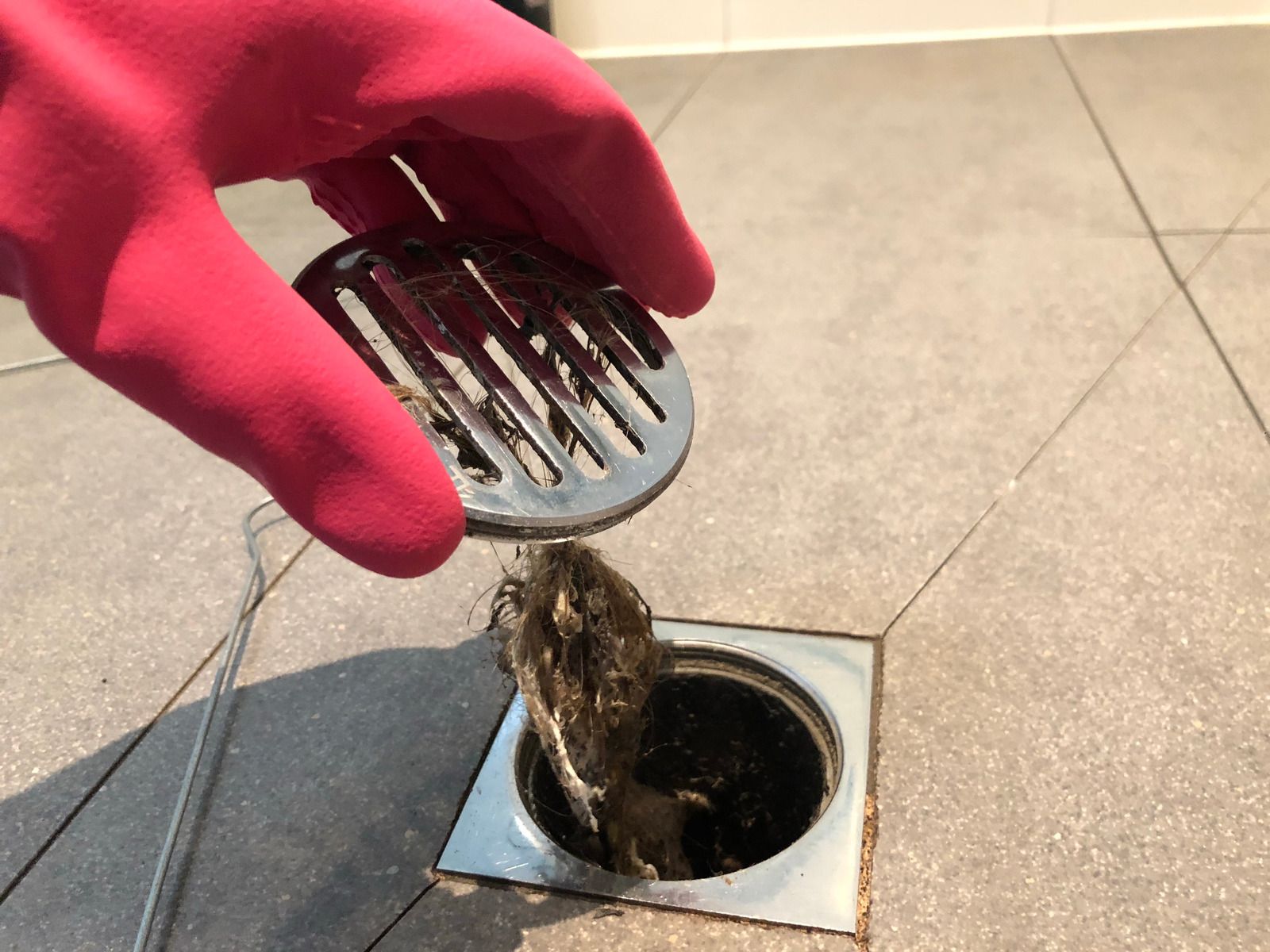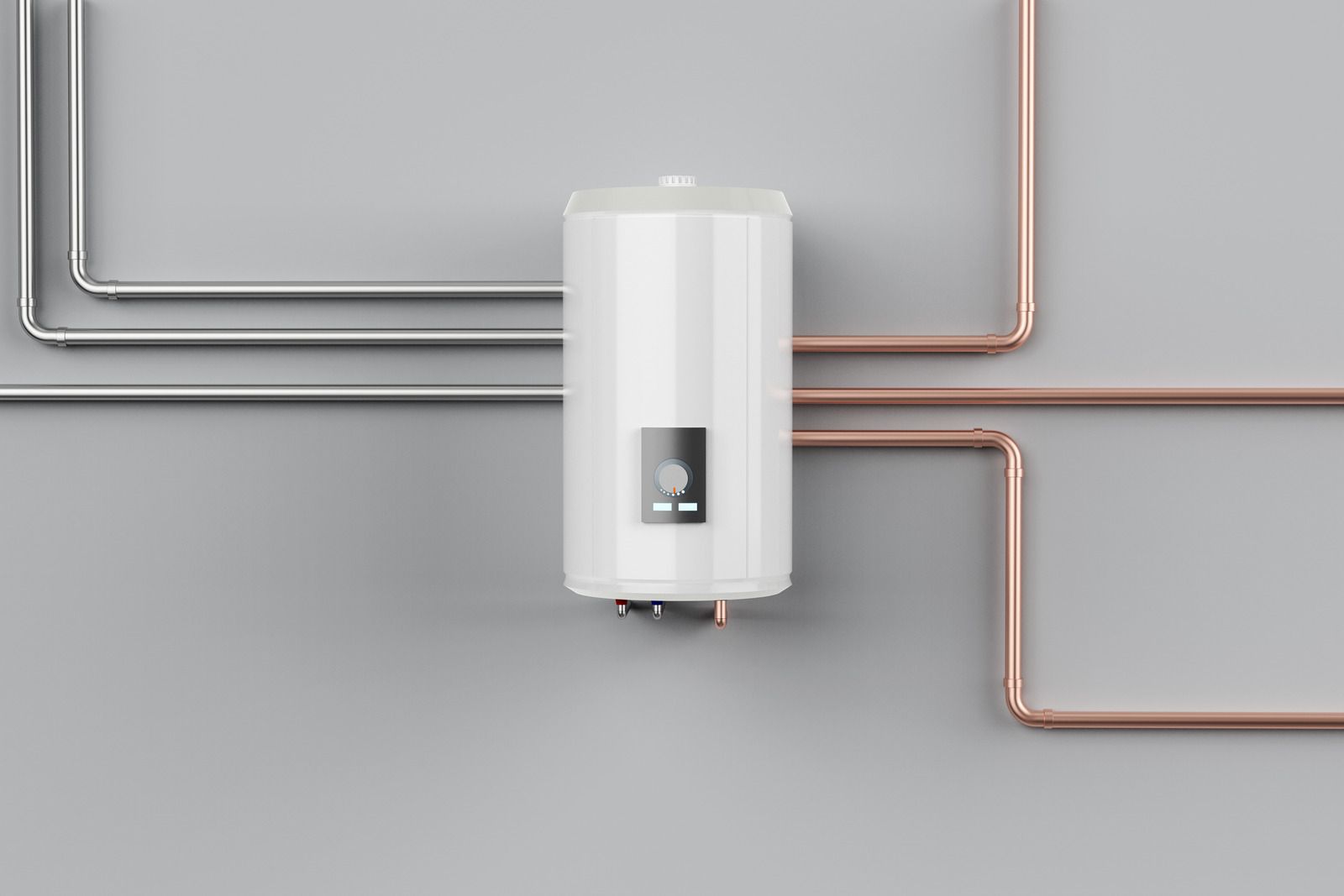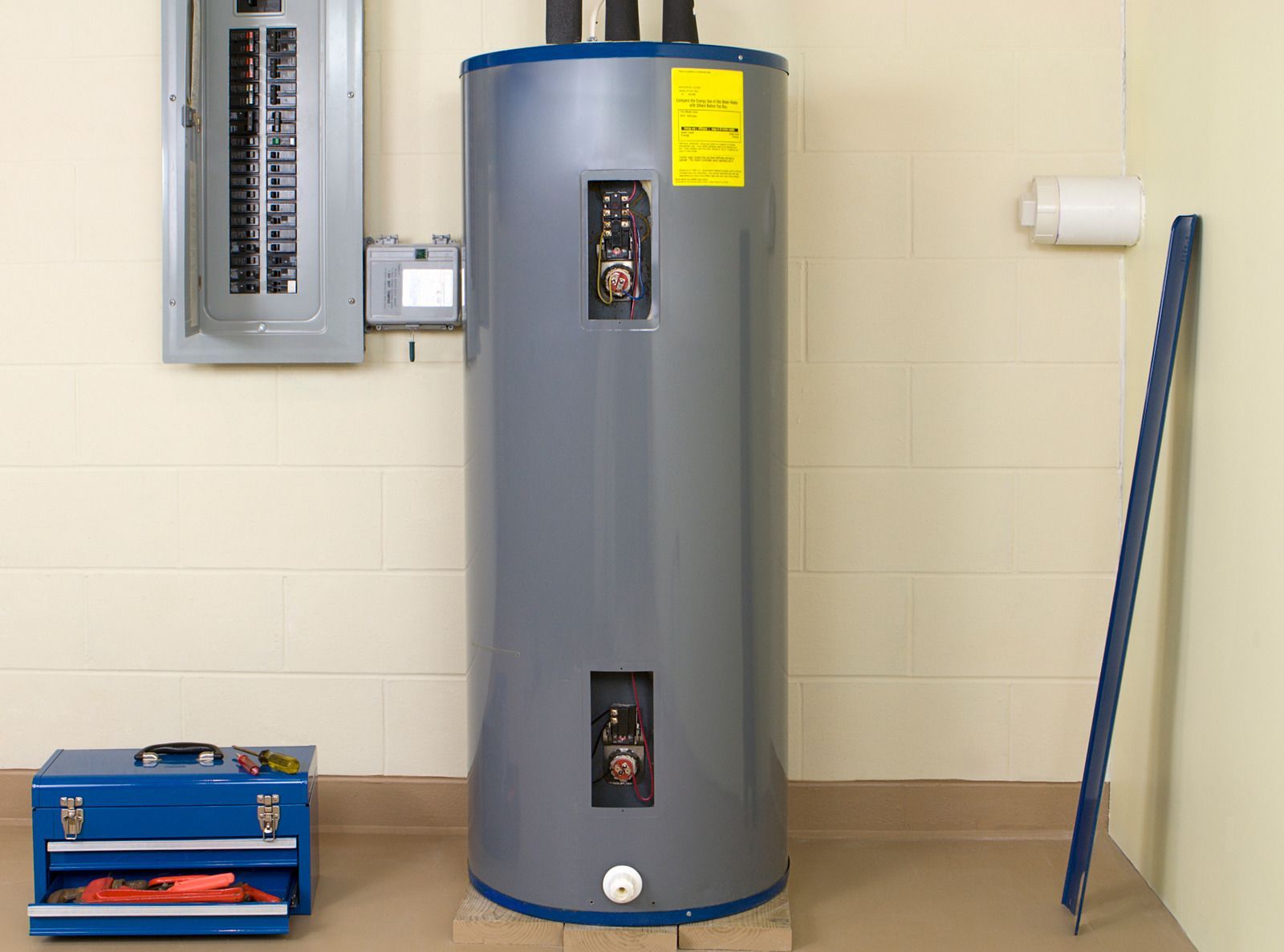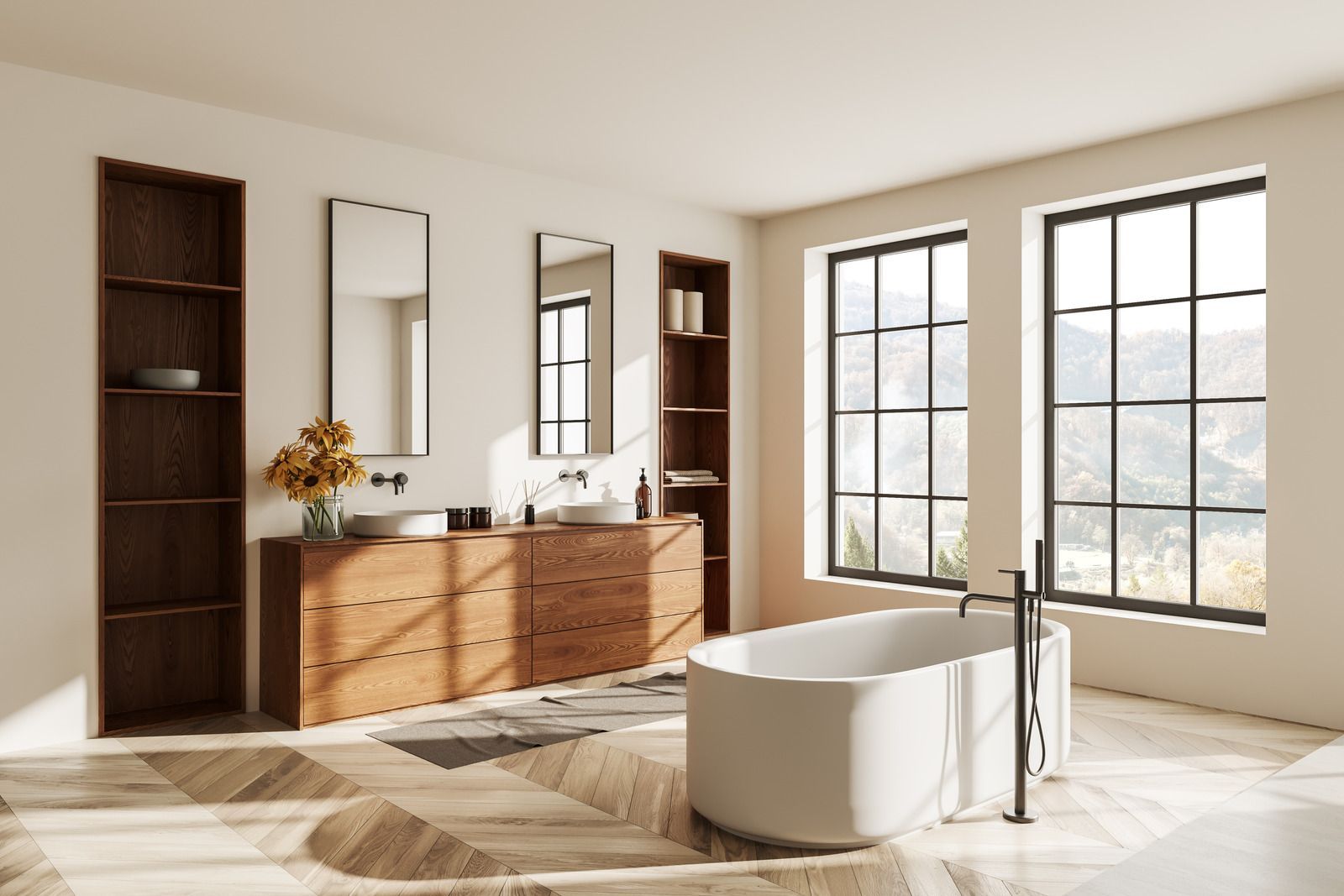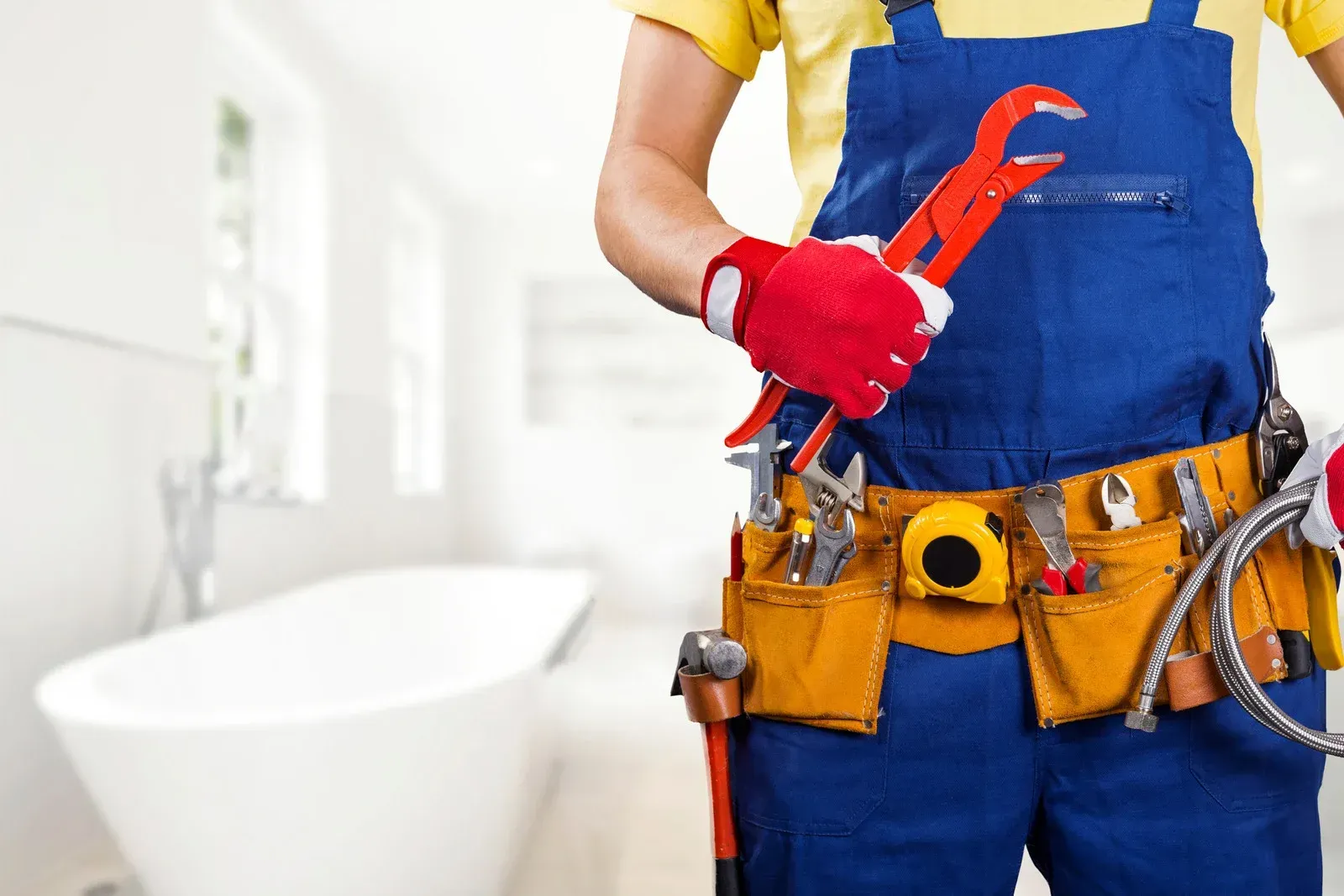Why Do Commercial Plumbing Systems Fail & How to Prevent It?
Plumbing systems in commercial buildings support daily operations. Offices, hotels, hospitals, malls, and schools depend on steady water flow and proper drainage. When the system fails, it affects work, hygiene, and safety. Even a minor issue like a leak or clog can interrupt daily tasks and lead to bigger damage. Many business owners deal with these problems often, without knowing the real cause.
Commercial plumbing systems handle more pressure than residential ones. Multiple restrooms, kitchens, and cleaning points stay in use throughout the day. This constant demand increases wear and tear. Without proper care, the system weakens over time. Business owners must understand why these systems fail. Knowing the reasons helps prevent breakdowns and reduces repair costs.
Improper Installation Leads to Early Problems
One of the most common reasons for plumbing failure is incorrect installation. When pipes, valves, or joints do not fit properly, the system weakens from the start. Using the wrong pipe size or low-quality material can cause early damage. Pipes may shift, bend, or crack under pressure.
Choosing a professional plumbing service during construction or renovation helps avoid these issues. Experts follow the correct process, use the right tools, and ensure strong fittings. A well-installed system handles daily use without trouble and stays in good shape for a longer time.
Lack of Maintenance Increases Risk
Many plumbing systems fail due to lack of maintenance. Small issues such as slow drains, minor leaks, or rust patches go unnoticed. These early signs turn into bigger problems if ignored. Pipes may clog, joints may loosen, and water may start leaking behind the walls or under the floor.
Planned maintenance helps identify such problems before they grow. Skilled plumbers inspect all parts of the system, clean out buildup, and replace old or damaged sections. Scheduling inspections every few months keeps the system safe, clean, and ready to perform under pressure.
Water Pressure That Is Too High Can Damage Pipes
Excessive water pressure puts a lot of stress on the plumbing system. Pipes, joints, taps, and fixtures may not handle the pressure over time. High pressure causes pipe bursts, leaks, and noise in the lines. Toilets and faucets may wear out faster as well.
A pressure regulator helps control the force of water inside the pipes, protecting the system from long-term damage. If you notice strange sounds or frequent leaks, check the pressure and adjust it as needed. Maintaining balanced pressure improves the system's life and performance.
Old Pipes Fail Without Warning
Many commercial buildings still have old plumbing systems. Over time, metal pipes rust and weaken. Plastic pipes may turn brittle or crack. These pipes do not perform well under daily pressure. Leaks, blockages, and pipe bursts become common in aging systems.
Upgrading to newer, stronger pipes is a smart step. Plumbing professionals can assess the age of your system and recommend replacements. Modern materials offer better flow, resist rust, and last much longer.
Blockages Create Pressure and Damage
Clogs in drains or pipes block water flow. These blockages build pressure in the system and may lead to leaks or backflow. Food particles, grease, paper, and other waste often cause such clogs in busy kitchens and restrooms.
Proper waste disposal and regular drain cleaning help avoid this. Businesses should never wait for a major clog to take action. Timely cleaning keeps water moving smoothly and protects the system from breakdown.
Conclusion
Commercial plumbing systems need regular care and expert handling. You can trust the experts at Pipe Cleaners Plumbing
to handle your
commercial plumbing needs in Carteret County, North Carolina, and the surrounding areas. We offer a wide range of services, including drain cleaning, kitchen plumbing, repiping, clogged sewer and drain repairs, and more.
